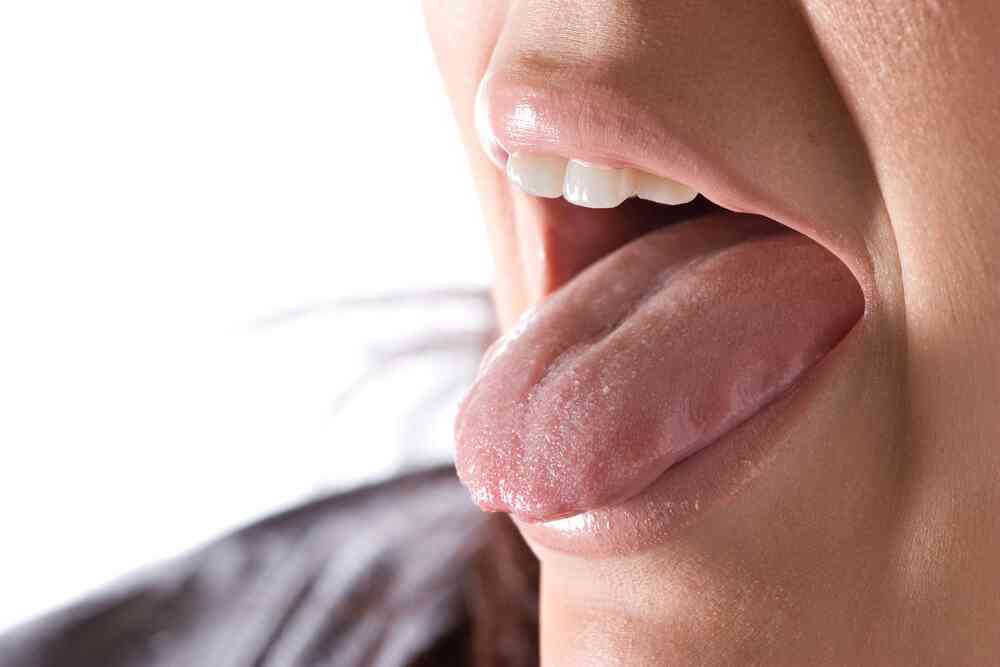
When you have burning mouth syndrome, it is as if someone has ignited a fire in your mouth. Many years ago, I struggled with this condition myself, so I know how frustrating and uncomfortable it can be. Even though I was a dental hygienist, I was baffled about what was causing my problem. I felt like a fire-eater in the circus. I couldn’t think of anything I had done to cause such an annoying ailment. As I longed for a normal mouth and tongue, looking for relief soon became my obsession. I am going to share with you now what I wish I had known then.
What Are the Signs and Symptoms?
Just as the name suggests, when you have this condition, a burning sensation affects all or parts of your mouth, including your tongue, gums, the inside of your cheeks, the roof of your mouth and even the back of your throat. According to the National Institute of Dental and Craniofacial Research, symptoms include a tingling or numbness on the tip of your tongue, a dry and sore mouth and a bitter or metallic taste in your mouth.
For me, the burning was mostly on my tongue, but it also traveled around different areas of my mouth. Carbonated sodas made my tongue feel prickly, and spicy foods sent me through the roof — especially the chili that I ordered in Santa Fe. What was I thinking? Even toothpaste and mouthwash irritated my mouth.
What Are the Causes?
There is no simple answer. There are numerous possible causes, according to the American Dental Association. Both men and women are affected, but the syndrome is more common in women during or after menopause. Other conditions associated with burning mouth syndrome are diabetes, nutritional deficiencies, oral fungal infections, tongue thrusting, cancer treatment and acid reflux. Damage to the nerves that serve the tongue and mouth, ill-fitting dentures, allergies to denture materials and an abnormal thyroid condition are other possible causes.
I attributed my fiery mouth to menopause. After about a year, routine blood work showed that I had a thyroid deficiency. After I took thyroid medicine for a time, the burning disappeared as mysteriously as it had arrived. My situation was probably due to the thyroid, but it also could have been caused by menopause.
What Is the Treatment?
The first step of treatment is to diagnose the cause of the symptoms. Start by consulting your dentist. He can determine whether your problem is oral, such as a fungal infection, irritation due to sharp or broken teeth or an improperly fitting denture or partial.
If your dentist cannot find any obvious reason for your symptoms, he may suggest that you try some simple steps to get relief. Changing to an alcohol-free mouthwash, such as WH Family Dental® Advanced Pro-Shield™ Mouthwash, or switching brands of toothpaste may help. You may also try eliminating gum, tobacco, soft drinks and coffee for 2 weeks. When you take medications, you should check the side effects in case any of them is known to cause a burning sensation in your mouth.
If nothing is helping your burning mouth syndrome, the next step is to visit your doctor. He may order blood tests to look for other disorders or nutritional deficiencies that could be the underlying cause.
Living every day feeling as though your mouth is on fire can cause anxiety. Some individuals become depressed. This is why I urge you not to wait to find answers or get relief. See your dentist or doctor right away.




